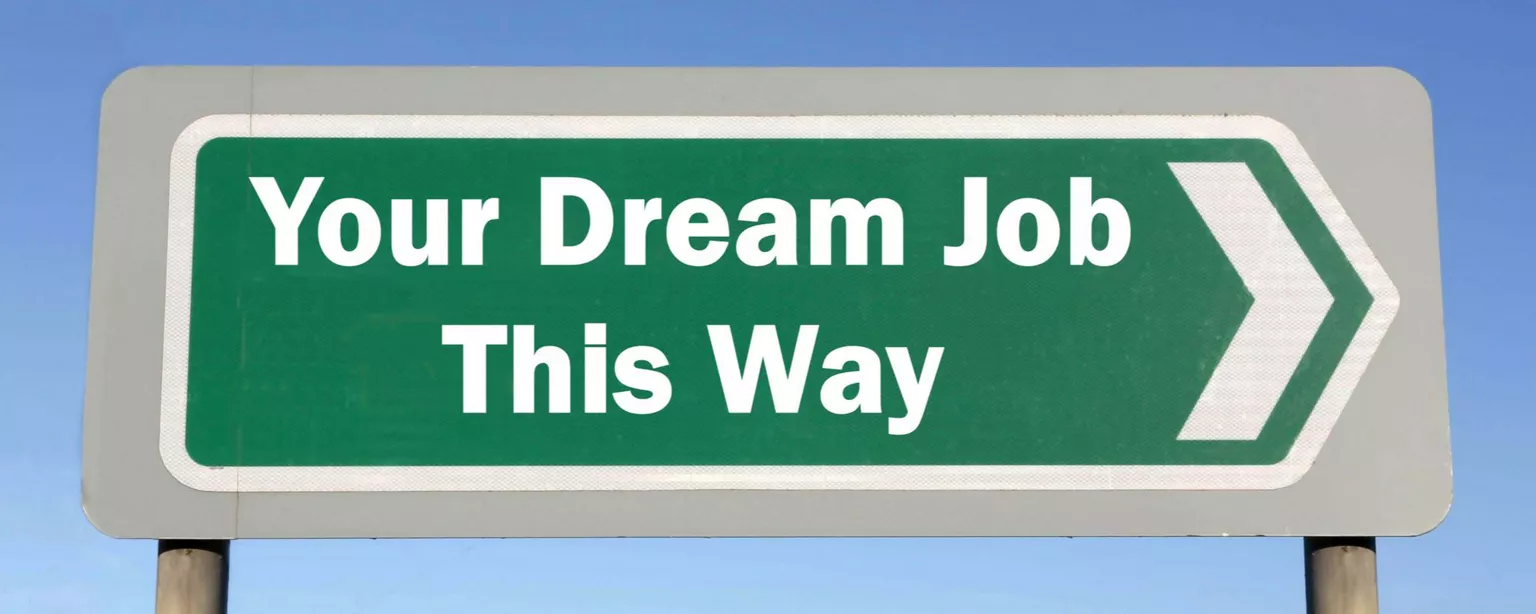By Steve Saah, Executive Director of Finance and Accounting Permanent Placement, Robert Half
A good friend of mine works in tech sales. His blend of skills and experience make him a frequent target for recruiters who find him on LinkedIn and want to talk about new job opportunities.
He told me how tiring one person is, as she reaches out with messages several times a month, every time pitching a new role as “the perfect job.”
The problem is that this recruiter has never had a direct conversation with my friend to ask what he’s looking for in his next career move. While the jobs this recruiter promotes to my friend somehow look “perfect” on paper, they aren’t aligned at all with what my friend would actually consider. These jobs are, therefore, not perfect for him.
Good recruiters take time to learn what job seekers want
The value of recruiters isn’t measured in how often they contact you with new opportunities or promises of the perfect job. Instead, it’s in how well they understand your requirements and respond to them. As you think about starting a job search, know that the recruiter you choose can have a major impact on your career success.
Good recruiters will invest time to learn about your career path, and they will ask about what you want next in your professional journey. This learning process happens over the phone, by video call or in person. No recruiter can learn enough about a candidate via email to be a valuable resource to that job seeker.
That’s why a good recruiter will also make a point to do the following:
Understand your requirements, beyond title and salary
Many times, candidates will bring up issues with outside recruiters in initial discussions they wouldn’t necessarily raise with an internal hiring manager. For instance, they might mention they:
- Would prefer to work in an office because they share a small apartment with roommates
- Need flexible hours a few days per week because they are caring for aging parents
- Work for a micromanager and want a better boss and company culture in their next role
- Are being laid off and want to work in a more stable industry or field
Knowing about these issues can help recruiters narrow their search so that they find and present roles that fully consider a candidate’s specific situation.
Be open about how they can — or can’t — help you
Solid recruiters are transparent with job seekers, as they want to set the right expectations. If your skill set and job interests fall outside of their area of expertise, they’ll tell you they’re not the right resource. They may even offer a recommendation for a resource who could be more helpful in your search.
Offer advice that’s specific to your situation
A long track record of working successfully with clients gives recruiters special insight into what they want to see in new hires. They can give valuable advice on how to adjust your resume and prepare for interviews, as well as what skills or experience you should develop to advance in your career.
The recruiter you work with should also know current market conditions. And they should be able to work effectively with an employer to negotiate a compensation package that is appropriate for your skills and experience level.
Not sure what type of starting salary you could earn for the role you are targeting? Check out the latest Salary Guide from Robert Half.
Reach out only when a potential job looks right for you
It can take time for a role that meets your needs, interests and skills to materialize, even in a strong hiring market. The best recruiters have a solid network of clients and sources they can tap into to identify potential job opportunities before they hit the open market.
What does that mean for you? The next job you hear about may never make it to a company website or third-party job board. And when your recruiter can personally present your qualifications to a hiring firm, you have a much better chance of getting an interview.
When a recruiter you’ve never worked with before contacts you about “the perfect job,” don’t be surprised to learn that the role isn’t what you want. The best partner in your job search will get to know you first, so that they can be more effective at helping you find jobs you would consider. Then, when the recruiter reaches out to share news of a potential opportunity, you can feel more confident that they may have found a job that will be just right for you.
Follow Steve Saah on LinkedIn.







